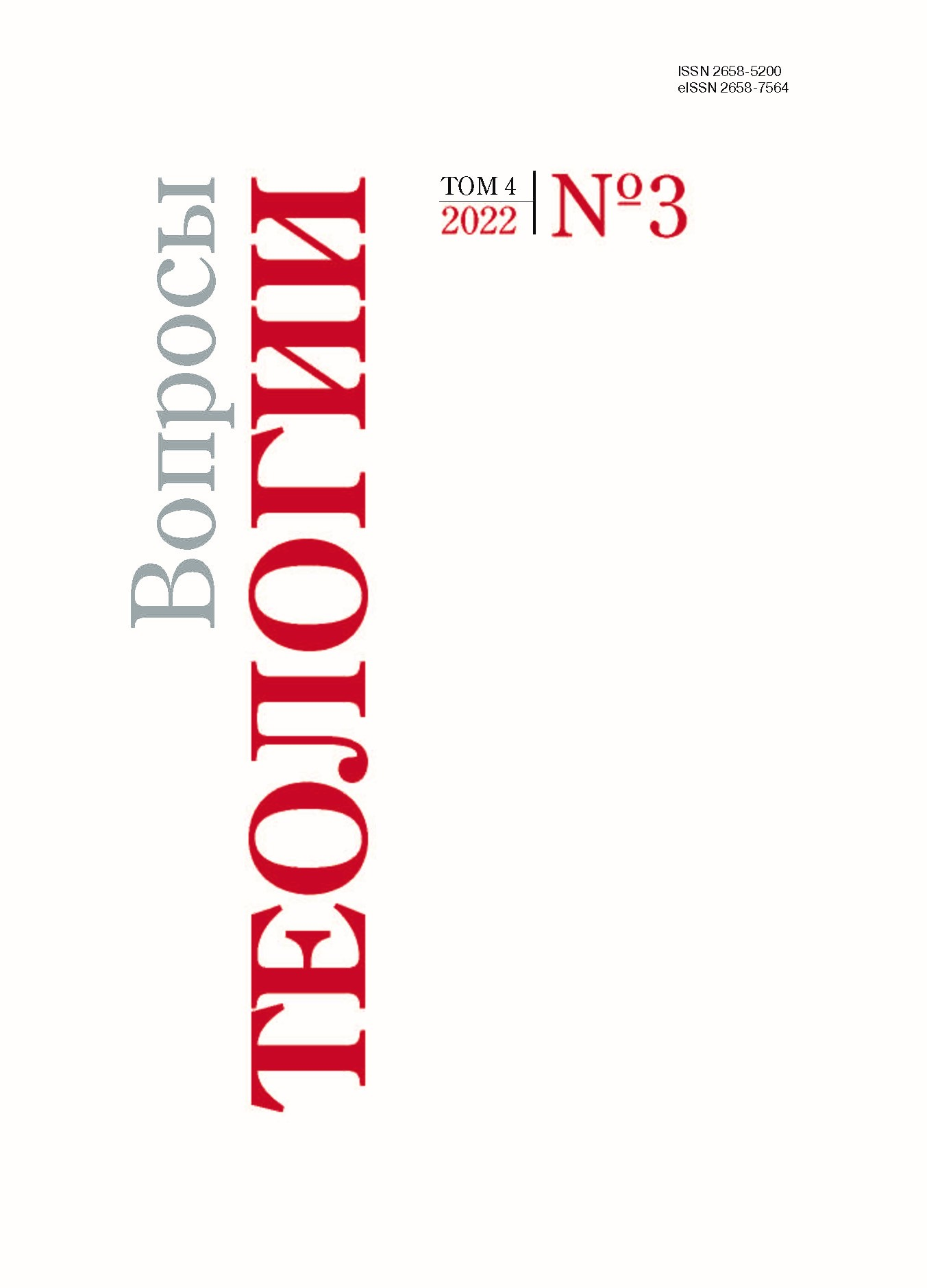The school of Dagestan fatwa-making: History and modernity
DOI:
https://doi.org/10.21638/spbu28.2022.308Abstract
In this article, the history of the appearance of the fatwa process is briefly explored, as well as what conditions the fatwa giver must meet today. The search for answers from ordinary citizens regarding any sphere of their life is what the Koran calls for, and what companions of the Prophet, peace be upon him, were doing. When studying this issue, one can find many scholars’ statements and opinions, and they differ and change depending on the time in which the speaker lived. Therefore, at an earlier stage, scholars said that the one who gives fatwas must meet the conditions of the mujtahid, but after this period, those who knew and understood the basics set out by the Mujtahid imams took up the fatwas. Today, when we live in a time when there are no scientists of this level among us, the conditions that must be observed and met by those who answer legal questions are also different from those that were at an earlier stage of the development of Islamic science.
Keywords:
fatwa, prophet, Islam, science, mujtahid, scientists
Downloads
References
References
Downloads
Published
Issue
Section
License
Articles of "Issues of Theology" are open access distributed under the terms of the License Agreement with Saint Petersburg State University, which permits to the authors unrestricted distribution and self-archiving free of charge.




